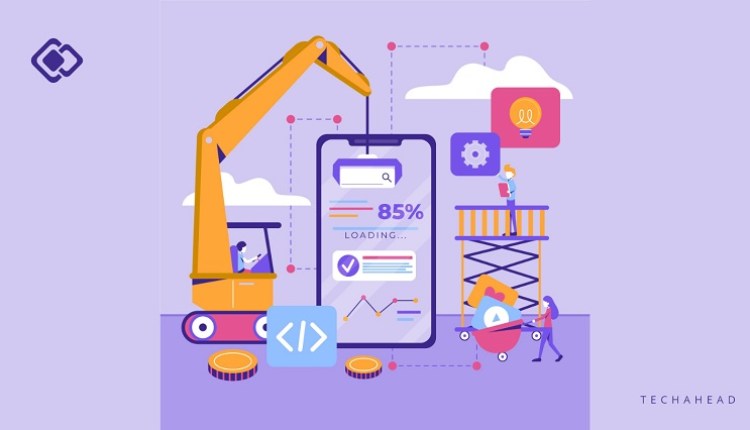EVOLVING STAGES OF ARTIFICIAL INTELLIGENCE
Artificial Intelligence is the future. That time is not far when the whole world of technology will be ruled by AI. Be it an app development company or a lifestyle improvement company, each industry related and even unrelated to technology is going to experience the dominance of AI. In the transition from today’s app dominant world to the next generation world of full automation, hire mobile application developers with an expertise in Artificial intelligence will become very vital. The importance of AI in today’s world might make one wonder where this life changing technology originated from. In this article let’s know the big bang theory of Artificial intelligence and how the idea of an artificially intelligent world was generated.
HISTORY
The earliest attempts to describe human thinking as a symbolic system can be traced back to classical theologians. A conference held at Dartmouth College in Hanover, New Hampshire, in 1956 coined the term “artificial intelligence,” which later became the name for the field of AI. Marvin Minsky, an MIT cognitive scientist, and others who attended the event were quite hopeful about AI’s potential. With advances like biometric technology, chatbots, and more, now is a great moment to start a career in Artificial Intelligence. Robo – advisors have already infiltrated our daily lives, saving us time and energy. Tesla’s self-driving cars have already demonstrated the very first step toward the inevitable. AI can aid in the reduction and prediction of climate change hazards, enabling us to intervene before it’s too late. We are only at the beginning of all this innovation. There is so much more to come. By 2022, 133 million new AI jobs will be created by Artificial Intelligence.
PRESENT
Artificial intelligence now offers a number of essential advantages that make it an effective technology. Without causing weariness, AI can automate time-consuming procedures and jobs. By enhancing end-user experiences and giving better product suggestions, AI can successfully enhance all goods and services. Human analysis is significantly slower and less accurate than AI analysis. AI’s capacity to comprehend data can help it make better judgments. Simply said, AI assists businesses in making better judgments and improving product and business operations at a faster rate. Here are some examples of AI in today’s world-
- The financial investment that is automated
- Booking agency for virtual travel
- Tracking of social media
- Facebook Surveillance
- Siri, Alexa, and other virtual assistants are examples of smart assistants.
- Netflix has some suggestions.
- Healthcare management that is proactive
- The mapping of diseases
- Automobiles that drive themselves
- Robo-advisors
- Spam detectors for email
CAREER TRENDS
If forecasts are to be accepted, by 2022, worldwide AI expenditure will have risen to more than $7 billion each year. You’ve definitely heard a bunch about how smart technology will eventually replace humans on the job. Some of the job roles in AI for managing them are:
- Engineer/researcher in machine learning
- Data mining and analysis by an AI engineer
- Data analyst
- AI researcher and producer of business intelligence
FUTURE
Science and fiction have always fascinated us as humans, and we live in a time when human technology is advancing at a rapid rate. Artificial Intelligence has risen to prominence as the next game-changer in technology. AI and ML breakthroughs are being developed by organisations all around the world. They are not only influencing the fate of every sector and every individual being, but it is also driving new technologies such as big data, robots, and the Internet of Things. It will continue to be a technology pioneer for the conceivable future, based on its current growth rate. As a result, skilled and qualified professionals have several options to pursue a successful career.
In a world where companies are spending nearly $20 billion each year on AI products and services, tech giants like Google, Apple, Microsoft, and Amazon are spending billions developing those products and services, universities are making AI an integral part of their curriculum, and the Department of Defence is stepping up its AI game, significant changes are bound to happen. Some of these advancements are well on their way to becoming completely realised , while others are only theoretical and may stay such in the future. All are turbulent, for better or worse, and there is no sign of a slowdown on the horizon.

